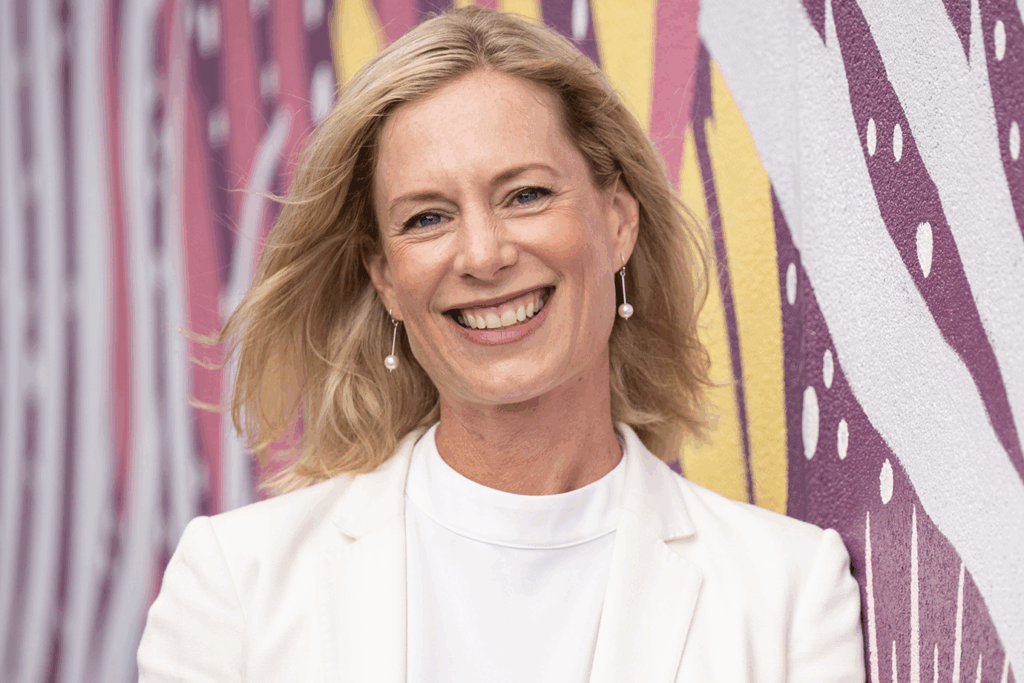When I first brought my six-week-old son, Hudson, into work with me in the Tasmanian Parliament, I knew it would raise eyebrows. Some applauded, others criticised. But for me, it wasn’t about making a statement, it was about being a mum, doing my job and caring for my baby.
It wasn’t until my I was pregnant with my daughter, Mia, five years earlier that Tasmania’s Parliament changed its standing orders so that members could breastfeed in the chamber if they needed to. It was a simple but powerful decision that recognised mothers shouldn’t have to choose between their role as parents and their role in the workforce. I’ve never forgotten how important it was to feel supported to be both a mum and a parliamentarian.
That’s why I was so disappointed to read about Dr Elise Turner, who was asked to leave the Virgin Australia lounge in Melbourne in September for quietly expressing breast milk. She was told she was making others “uncomfortable” and asked to pump in a bathroom.
It’s 2025. Women shouldn’t still be told to hide their motherhood.
I’ve been fortunate that my workplace recognised the need to modernise, but most women don’t have that privilege. Too often, mums are still made to feel ashamed or excluded simply for feeding their child or expressing milk. We tell women breastfeeding is natural, beneficial, and to be encouraged and then we look the other way when workplaces or public spaces make it near impossible.
This isn’t just about comfort. It’s about health, dignity and equality. Breastfeeding benefits both mums and babies. But more than that, it allows women to fully participate in work, in travel, in politics without being forced into impossible choices.
Every mum should be able to care for her child in public without second-guessing herself. Breastfeeding and expressing milk are a normal part of life for a mother, and our public spaces should reflect that.
The legal protections are already in place. What’s needed now is greater awareness and a culture of understanding.
If a parliament can modernise its rules to make space for breastfeeding, then other institutions and businesses can too. And as a community, we can all play a part in making sure that when a mum feeds her child, it’s simply seen for what it is – caring for her family. Mums should be supported and celebrated, never banished to the sidelines. So next time you see a mum breastfeeding or pumping milk and if you feel compelled to say something, ask her if she needs a glass of water.

